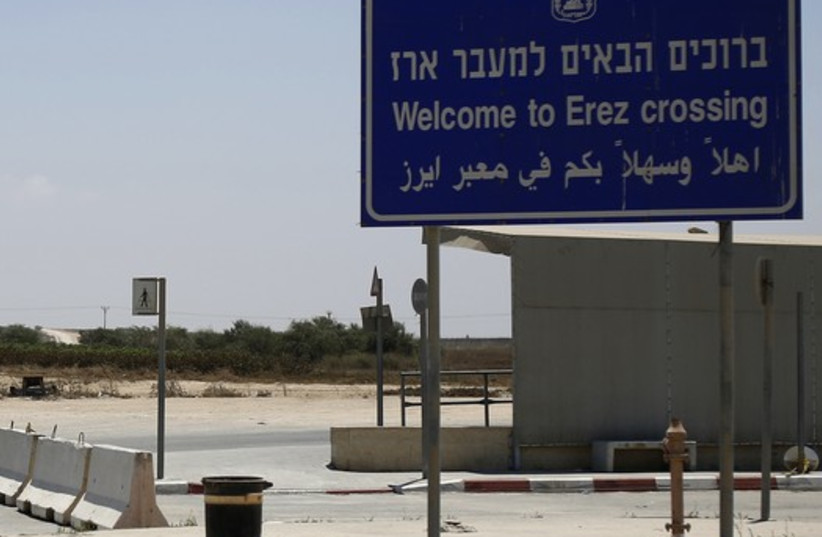There is growing American frustration over IDF actions in Gaza, even as it continues to support Israel’s right to defend itself, US National Security Communications Adviser John Kirby said on Sunday as Prime Minister Benjamin Netanyahu took steps to soothe tensions between Jerusalem and Washington.
There has been a “growing degree of frustration that we've had with the way these operations are being [executed] and the way that the Israelis are acting on the ground in terms of civilian casualties,” Kirby told ABC’s Meet the Press this week.
Kirby said that “frustration” was at the core of US President Joe Biden's message to Prime Minister Benjamin Netanyahu in their phone call this week, as he recalled the terse half-hour conversation between the two leaders on Thursday.
Israel has “got to do more,” it’s “got to make changes.,” Kirby said. He acknowledged that Netanyahu had pledged to take steps to improve the situation, which he welcomed, but more needed to be done.
COGAT: 322 humanitarian aid trucks enter Gaza, most since October 7
The Coordinator of Government Activities in the Territories said that the 322 humanitarian aid trucks that entered Gaza marked the most aid that had entered the enclave through its land crossings in a single day since the start of the war on October 7.
The Security Cabinet last week also took steps to improve humanitarian conditions in Gaza, including an agreement to open the Erez Crossing and to allow goods to be transported to the enclave through the Ashdod port.

The issue of Israel's failure to ensure adequate provision of humanitarian aid and the high casualty civilian casualty count in the war came to a boiling point last week after the IDF mistakenly killed seven aid workers from the World Central Kitchen.
Israeli has apologized, opened an investigation, and fired two officers related to the incident.
Kirby told ABC that Israel has to improve its deconfliction process over aid so “that this kind of targeting can't happen again.”
Kirby ducked a question by ABC over whether Washington would slow down or pause weapons sales to Israel should the IDF fail to make changes in Gaza.
“It's not my place to rule anything in or out today,” Kirby said as he reiterated Biden’s threat to Netanyahu that it would change its Gaza policy unless there were an improvement in the treatment of Palestinians in Gaza.
He emphasized, however, that “Israel has a right to defend itself. And I think it's important to remember they live in a tough neighborhood. We're all focused on the fight in Gaza, as we rightly should be, but they're facing threats from Iran and from Iran back groups throughout the region. We got to make sure that they're ready for that.”
British Foreign Secretary David Cameron warned Israel that its support for the Jewish state was “not unconditional” in a column he wrote in the Sunday Times.
"We expect such a proud and successful democracy to abide by international humanitarian law, even when challenged."
In a statement on Sunday to mark six months since the initial Hamas attack, British Prime Minister Rishi Sunak repeated his call for the Palestinian group to release Israeli hostages and for an immediate pause in fighting.
"We continue to stand by Israel's right to defeat the threat from Hamas terrorists ... but the whole of the UK is shocked by the bloodshed and appalled by the killing of brave British heroes who were bringing food to those in need," he said.
Britain's government is also under pressure to publish its latest legal advice about Israel's conduct of the war in Gaza, which would potentially affect British arms exports.
Last week, three former Supreme Court justices joined more than 600 members of the British legal profession in calling for the government to halt arms sales to Israel, saying it could make Britain complicit in genocide in Gaza.
Britain supplied 42 million pounds ($53 million) of arms to Israel in 2022. In December, the government decided to continue these exports but keep them under review.
Reuters contributed to this report.
